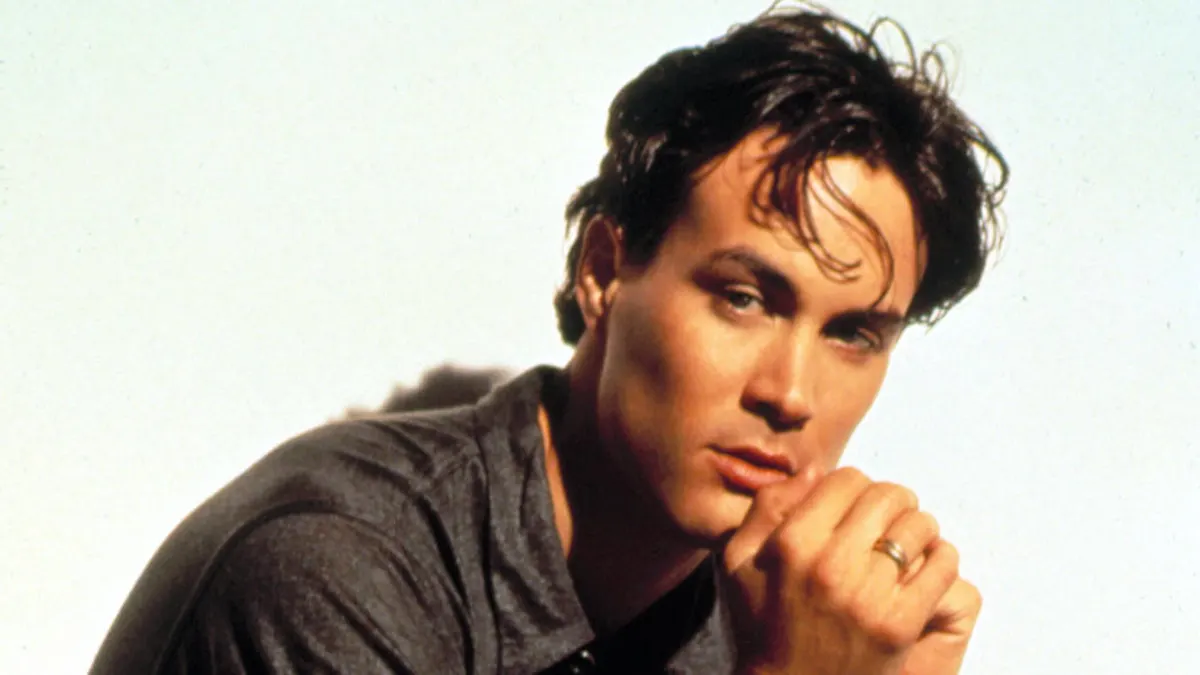- Bruce Willis has dementia
- His wife has been advocating for a cure
- THIS is what his daughters said about it
Scout and Tallulah Willis, Bruce's daughters, are praising Emma for her work raising awareness amid their father’s health condition. On Monday, Emma appeared on the 'Today' show alongside Susan Dickinson, head of the Association for Frontotemporal Degeneration (AFTD), to promote World FTD Week. The conversation got quite emotional for Emma who is living the repercussions of this disease first hand with her husband Bruce.
Scout, 31, posted a clip from Emma’s appearance on her Instagram Story alongside a sweet message about the work she’s done. "I TRULY could not be more proud of @emmahemingwillis for being willing to step out into the public eye, (even though it’s terrifying!!!) to share our family’s story in service of spreading awareness about FTD," she wrote.
Emma is staying strong for the family
The Willis family is staying close throughout Bruce's ordeal. "Emma you are such a champion for this cause and you inspire me EVERY SINGLE F—ING DAY with your bravery and deep deep loving. Your courage is moving mountains #ftd #ftdawareness," Scout said. Emma later reposted her Instagram Story, telling Scout that she loves her. Tallulah, 29, also reposted her sister's story in an act of unison.
During Emma’s cameo on the show she spoke openly about Bruce's health, telling co-anchor Hoda Kotb that he may or may not know what's happening to him. "It's hard to know," she said. "It's hard to know."
"What I’m learning is that dementia is hard. It’s hard on the person diagnosed. It’s also hard on the family. And that is no different for Bruce, or myself, or our girls. When they say that this is a family disease, it really is," Emma confessed. For anyone who had had a family member in a similar condition, you would know that it takes a toll on everyone around the person affected. Especially on the spouse.
Also interesting:
Scientists and researchers are still working to find a cure to this affliction. According to 'People' magazine, frontotemporal dementia is an all-encompassing term for a group of brain disorders that threatens, as the name implies, the frontal and temporal lobes of the brain. Meaning, that parts of these lobes atrophy and this shrinking can cause speech issues, emotional problems and changes in personality, as well as loss of motor skills including problems walking, swallowing or muscle spasms.
In Bruce's case, the symptoms are evident. Because the disease affects the frontal lobe, which controls self-insight, any understanding patients have that they have changed is often the first thing those diagnosed with FTD will lose, as Dickinson explained on the show. "Other people retain that for a long time," she said. "We really don't know."
The disease is still being closely studied and will continue to be for some time. Unfortunately, it is still uncharted territory for many physicians. "Most doctor's aren't familiar with it, so it can take almost 4 years for people to get diagnosed on average," Dickinson said. Along the way, they approve "many misdiagnoses" including "depression, bipolar disease, Alzheimer's, or even someone with some of the movement diseases" like "Parkinson’s or ALS."
Let's hope that doctors can help Bruce have a great quality of life as he battles his condition.






